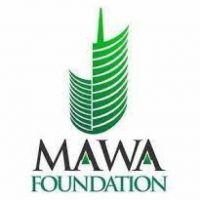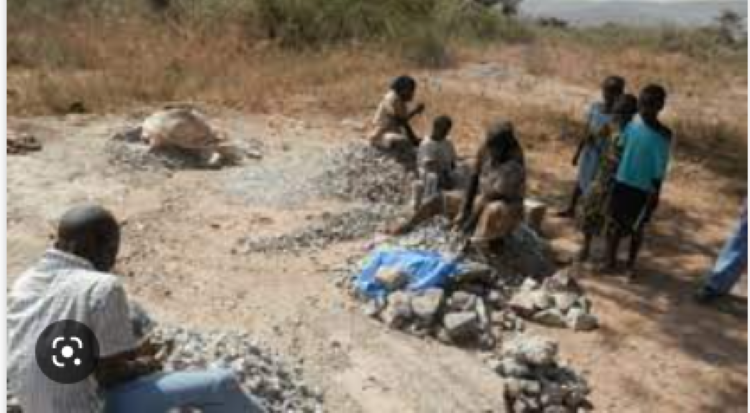One of the areas inequality affects women and makes them economically disadvantaged is the mining sector. And, this appears to be a long-time practice that is not likely to go away until huge investments in advocacy and engagements are made.
In this report by Mr. Liberty Oseni, the Coordinator of MAWA -Foundation focusing on how inequality is affecting women in the mining sector, women on the mining sites of Abuja, narrated how the society has placed them in a disadvantaged position leading to their being sidelined in all conversations and negotiations on issues of mining that have a direct impact on them.
For women at Ushafa mining sites, in all the community development agreements, entered into by a Chinese company that took over their lands for a bigger mining operation, they were not involved.
Mrs. Uzodinma Chinyere who said she is the leader of women working on the mining site narrated to MAWA Foundation how the men had on many occasions sidelined women in all negotiations on issues that directly affect them.
Chinyere who is not happy with the development disclosed that apart from sidelining the women in negotiation on issues regarding their welfare on the mining site, she said products such as stones that are broken into pieces by women to be sold to those building houses are priced far less than that of their male counterparts.
A development she attributed to how society views women and has come to believe they should not be treated fairly even in business and the workplace.
Some of the women who spoke to MAWA Foundation at different mining sites in the Kuje area of Abuja narrated how they are denied ownership of land and were not allowed their entitlement to compensation from extractive companies who have destroyed their farms and taken over their means of livelihood.
What we saw as a pattern in over five quarry sites visited at Kuje, Bwari, Kwali, Gwagwalada, and Orozo, are widespread and long-term patterns of economic exclusion, exploitation, and human rights abuses that are disproportionately borne by women and children.
When we engaged the women in Orozo community on the need to guarantee that both men and women have equal benefits to the land and that both genders on the mining sites are treated equally, they responded by saying their culture does not place women equally with men.
Mr. Agyo, a community leader in Orozo, told MAWA-Foundation that his wife as a matter of culture must submit all monies she made from mining sites and other businesses to him as the head of the family. And when she does that, he will decide whether to give her anything from it or not.
Three of the women that corroborated Agyo claim, told MAWA-Foundation that about 15 women in their community had divorced their husbands because they could not take the huge inequality culture placed on women.
Mrs. Alice Uloko, one of the women who feel very unhappy with the way women are been treated and marginalized, speaking to MAWA appealed to all gender rights activists to push for women’s benefit from natural resources.
She argued that is the only way to broaden development goals and facilitate the realization of women’s economic and political empowerment.
“In all development conversations, we appeal to all civil society and policymakers to play an active and pragmatic role in addressing gender issues in the extractive sector,” Uloko said.
“As Nigeria moves toward repositioning her mining sector, we are yet to see a clear state policy on protecting women in the extractive sector” Uloko added.
“And in those efforts, we must use our democratic space which is the only platform to negotiate and discuss our development to abolish all laws and practices that restrict women’s inheritance or land ownership, which has over time denied women the right to participate and enjoy extractive benefits”, Uloko concluded.
– Audu Liberty Oseni Coordinator, MAWA FOUNDATION

